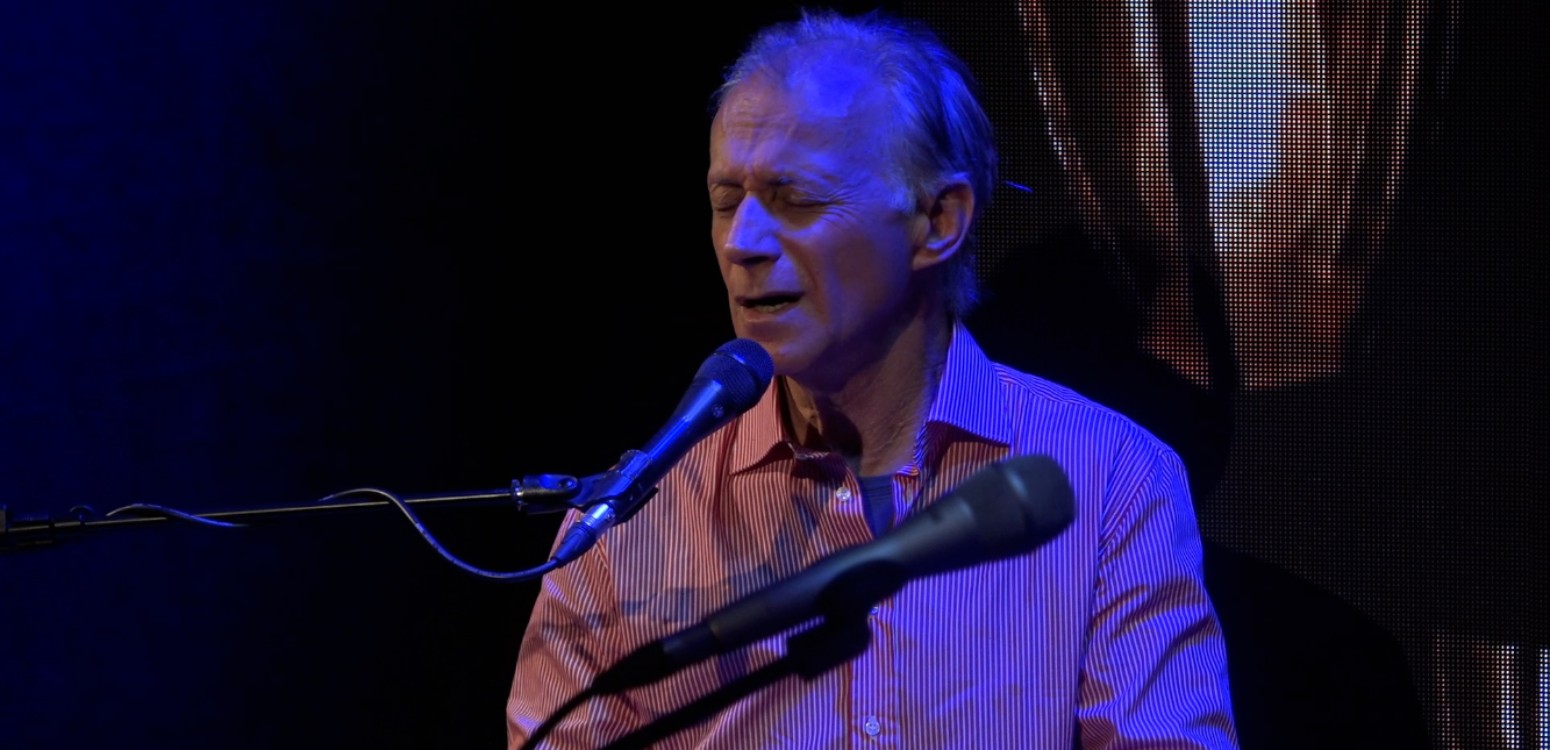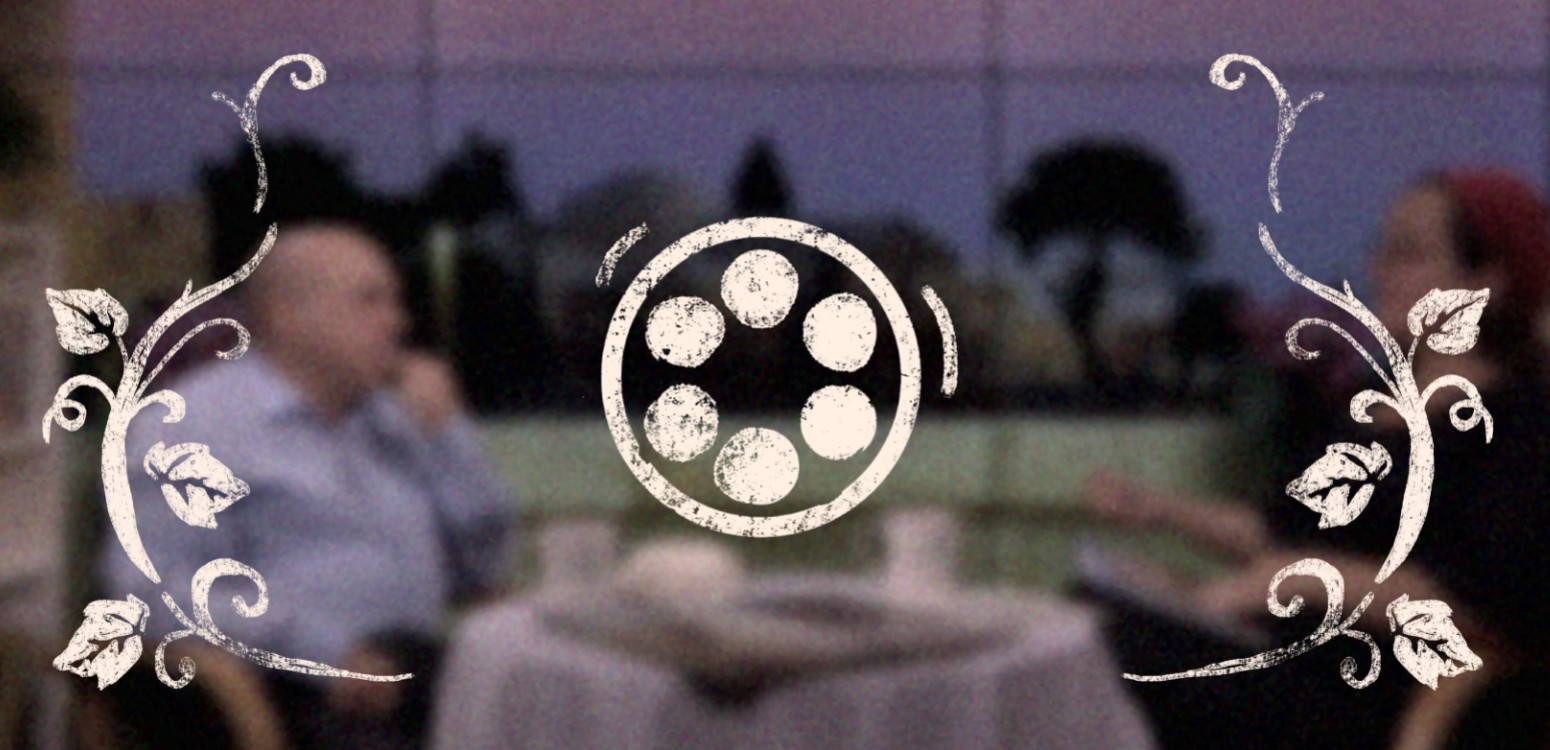
On the morality of celebrating the downfall of an enemy in the Weekly Torah Portion
In many cultures, the defeat of an enemy in war is immortalized as a holiday, a national day of triumph. But not in Judaism. Even the momentous event when the Israelites were miraculously saved at the Red Sea—marking the downfall of the mighty Egyptian army—did not become a day of celebration.
We all recall the dramatic scene: the Israelites crossed the sea on dry land, only for the waters to come crashing down upon the pursuing Egyptians. Moses and the Israelites responded with an outpouring of gratitude, singing the renowned Shirat HaYam, the Song of the Sea:
“Then Moses and the Israelites sang this song to the Lord. They said: I will sing to the Lord, for He has triumphed gloriously; horse and driver He has hurled into the sea. [...] Pharaoh’s chariots and his army He has cast into the sea; and the pick of his officers are drowned in the Sea of Reeds. The deeps covered them; they went down into the depths like a stone. [...] For the horses of Pharaoh, with his chariots and riders, went into the sea; and the Lord turned back on them the waters of the sea; but the Israelites marched on dry ground in the midst of the sea.” (Exodus 15)
From this account, one might assume that Shevi’i shel Pesach (the seventh day of Passover), traditionally associated with this event, was established as a holiday to commemorate the Egyptians' defeat. However, a deeper look suggests otherwise.
If Your Enemy Falls, Do Not Rejoice
The Torah actually commands the observance of Shevi’i shel Pesach while the Israelites were still in Egypt, before the sea had even split. This suggests that the holiday was not established to mark the enemy’s downfall, but for a different reason entirely.
Rabbi Meir Simcha HaKohen of Dvinsk, in his Meshech Chochmah, makes an insightful observation:
“All nations in their civilized religions make the day of victory—the day of the enemy’s defeat—a holiday. Not so in Israel. They do not rejoice over the fall of their enemies, nor celebrate their downfall, as it is said (Proverbs 24:17): ‘If your enemy falls, do not exult; if he trips, let your heart not rejoice, lest the Lord see it and be displeased, and avert His wrath from him.’”
He emphasizes that Judaism does not glorify the defeat of enemies. Instead, Passover is celebrated as Zman Cherutenu—the time of our freedom—not as a day of Egyptian downfall. This distinction is critical: our joy comes from our salvation, not from our enemies’ demise.
Celebrating Salvation—Not Their Defeat
This principle extends to other Jewish holidays as well. Hanukkah is marked not for the Maccabees' military victories, but for the miracle of the oil. Purim is not a celebration of Haman's execution, but of Jewish survival. And Shevi’i shel Pesach was established not in commemoration of the Red Sea’s splitting, but as a holiday of redemption, determined before the final act of divine intervention.
Jewish tradition even records a striking Midrash in Yalkut Shimoni, where the angels begin singing at the Red Sea, only for God to rebuke them:
“The work of My hands is drowning in the sea, and you sing songs before Me?”
Even at a moment of victory, there is no joy in the suffering of others—even of those who sought our destruction.
Wrestling with Reality
In light of this, how do we reconcile this ideal with our natural human reactions—especially in times of war?
Looking at the challenges of our time, two kinds of events have sparked spontaneous joy among the public: the release of hostages and the successful elimination of enemy leaders responsible for atrocities. We saw it when beepers rang out in Lebanon, when Hassan Nasrallah was reportedly eliminated, and when Yahya Sinwar was targeted.
At moments like these, the words of Meshech Chochmah and Proverbs may feel distant. What could be more natural than relief, even joy, when those who sought to destroy us are defeated?
No Joy in Evil
Perhaps the key to understanding this lies in differentiating between immediate emotion and institutionalized celebration. A moment of relief, even joy, at the fall of a mortal threat is human. But Jewish tradition urges us to move beyond instinct. A moment later, we must remind ourselves that every person—even an enemy—was created b’tzelem Elohim, in God’s image. We must recognize the immense human cost of war, the loss of innocent lives, and the tragic cycle of violence that history repeats.
When your enemy falls, it is understandable to feel relief. But after that fleeting moment, we must return to the sobering realization that war itself is a tragedy.
A world in which conflict is resolved through bloodshed is a world still far from redemption.
Lior Tal Sadeh is an educator, writer, and author of What Is Above, What Is Below (Carmel, 2022). He hosts the daily Source of Inspiration podcast, produced by Beit Avi Chai.
For more insights into Parashat Beshalach, listen to Beit Avi Chai’s Source of Inspiration podcast (in Hebrew)
Translation of most Hebrew texts sourced from Sefaria.org
Main Photo: Moshe welcomes the spies, 1621\ Wikipedia
Also at Beit Avi Chai





















